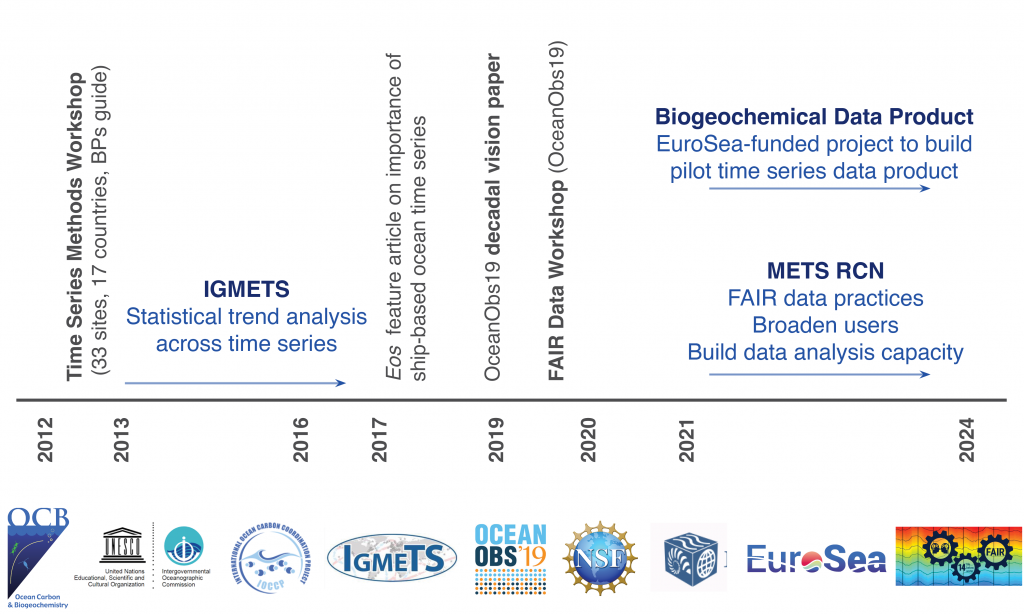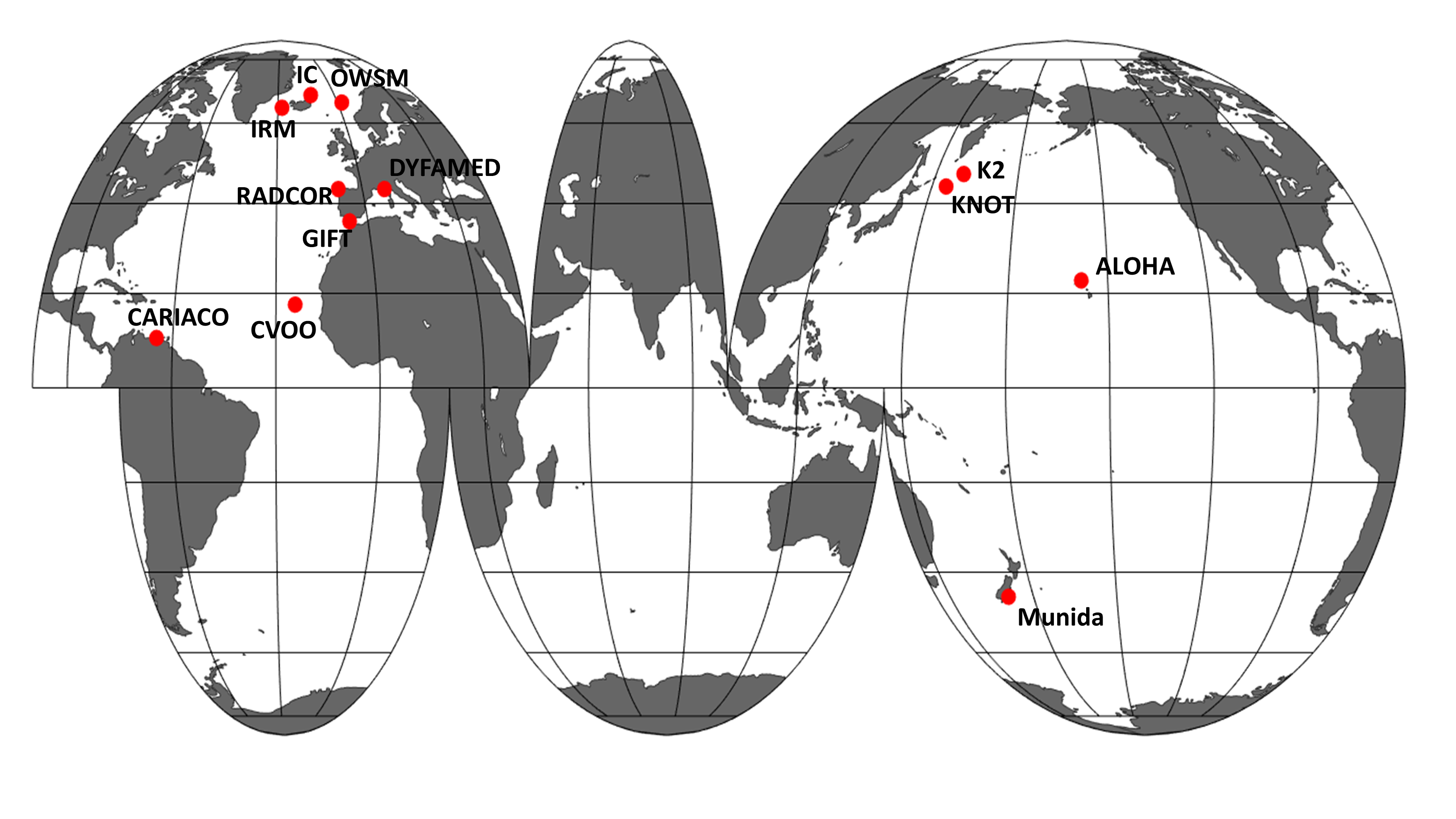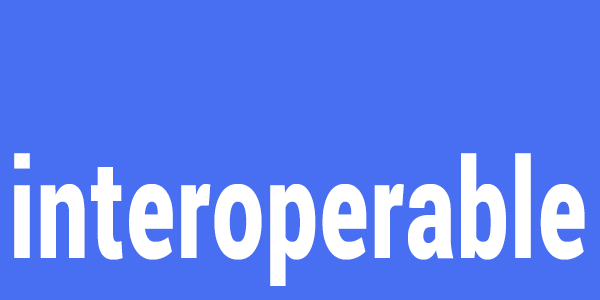The METS RCN commenced in 2021, funded by the the National Science Foundation (NSF). Read the full proposal.
This project will support coordination efforts that bring together participants in large- and small group formats to foster the necessary dialog to develop Findable, Accessible, Interoperable, and Reusable (FAIR) data solutions and practices. The project will include a Consensus Building Workshop and METS Data Working Group to develop reference implementations of a data model for adoption by the METS community; formation of regional METS user networks and a Broadening Users Workshop to identify the needs of a broader range of data end users and associated data interfaces and tools to meet those needs; and a Data Hackathon to build capacity to ingest, analyze, and integrate METS data with other disciplinary and cross-disciplinary data to accelerate scientific discovery.
The objectives are to:
- Bring together members of the oceanographic, data science, and informatics communities to build consensus on key components of a FAIR data model for METS, including common vocabularies, metadata reporting standards, and data citation practices
- Engage broader METS data users, including modelers, educators, and decision makers, to facilitate broader applications of METS data and foster collaborations and regional networks to address climate and environmental challenges
- Identify use cases to develop reference implementation of data workflows that can be adopted by a range of METS data users
- Build community capacity for METS data analysis, statistical methods and data-model integration
This project will develop community consensus for a FAIR METS data model. The METS RCN will leverage the wealth of oceanographic coordination and community building experience and staff capacity of the Ocean Carbon and Biogeochemistry (OCB) Project Office and the infrastructure, expertise, and extensive METS data handling experience of the Biological and Chemical Oceanography Data Management Office (BCO-DMO), along with an RCN Steering Committee that comprises expertise in the fields of oceanography, data science, earth system models, statistics, and data synthesis.
Dive in to METS RCN activities
Activity 1
Consensus building to advance METS data cyberinfrastructure

Activity 2
Building data analysis capacity
Activity 3
Broadening METS data end users
Activity 4
METS data working group
About this RCN
The METS RCN will support coordination efforts that bring together different cross-sections of the METS community (data producers, users, scientists, and managers) in large and small group formats to foster the necessary dialogue to develop FAIR data solutions and practices.




